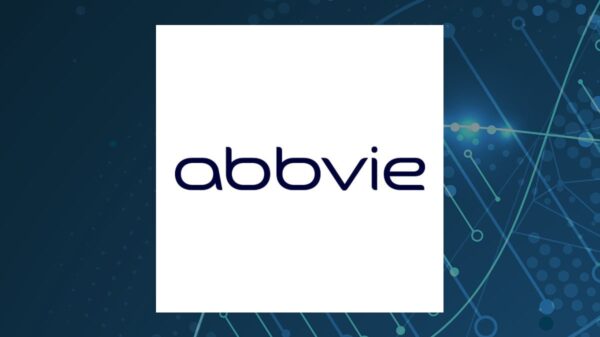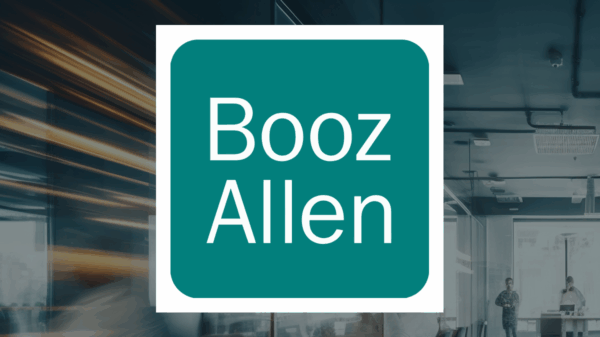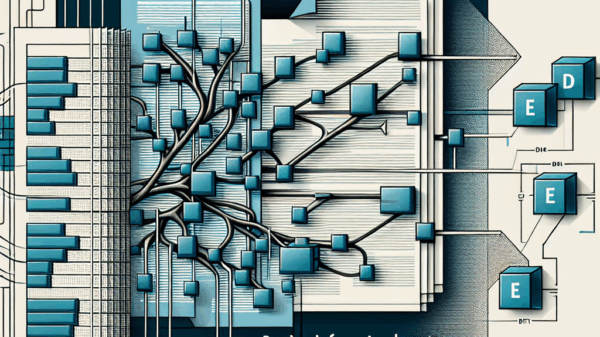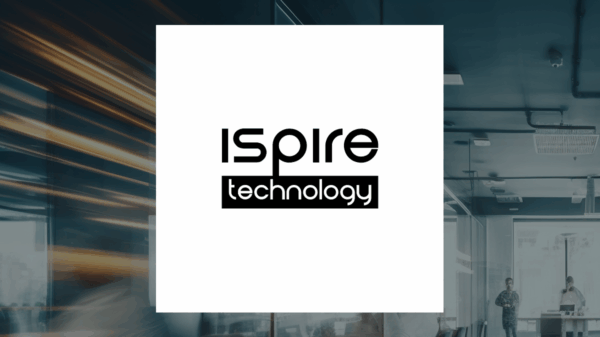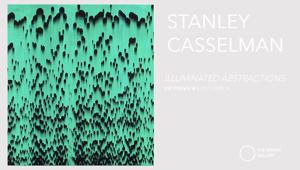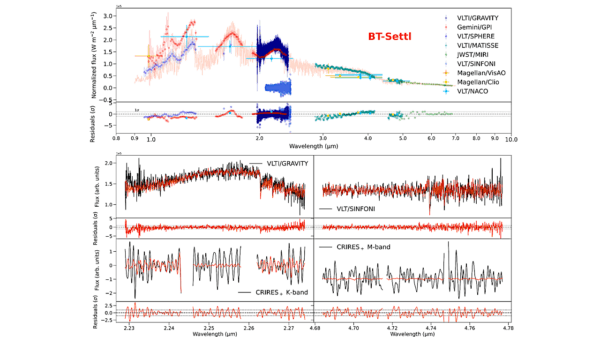Google has introduced a new feature that presents users with Wikipedia-style insights when they search for cable news channels. This enhancement aims to streamline the way information is accessed, especially for students conducting research. By integrating concise summaries and key facts from Wikipedia, Google enhances its search results, making it easier for users to find reliable data quickly.
The evolution of artificial intelligence has significantly influenced how information is gathered and consumed. For students today, traditional research methods are often supplemented by digital tools. In this context, Google’s latest update taps into the growing reliance on online resources for academic work. According to a report by Google, this new feature is designed to provide users with a broader understanding of topics by displaying essential information at the top of search results.
Enhancing Research with AI-Driven Insights
The integration of Wikipedia data allows Google to present a snapshot of relevant details related to cable news channels, including notable events, key figures, and historical context. This approach not only aids students but also benefits a wider audience seeking to understand complex subjects more thoroughly. By summarizing essential facts, Google empowers users to make informed decisions about the information they consume.
For instance, if a user searches for a specific cable news channel, they will receive a brief overview highlighting its founding date, key programming, and notable journalists associated with it. This feature aligns with Google’s ongoing commitment to improving user experience and ensuring that information is both accessible and credible.
Implications for Education and Information Consumption
The shift towards AI-driven insights in search results reflects broader trends in information consumption. Students are increasingly expected to synthesize information from various sources, and tools like this can enhance their research capabilities. In a digital age where misinformation is rampant, having quick access to verified information becomes essential.
Moreover, this feature could influence academic standards. As students adapt to using such tools, educators may need to rethink traditional research methodologies. The availability of summarized information could lead to more efficient research practices, but it also raises questions about critical engagement with sources.
As Google continues to innovate and adapt its search functionalities, the implications for education, research, and information consumption are profound. By prioritizing user experience through features that blend technology and information, Google not only shapes how individuals gather knowledge but also sets a new standard for digital literacy in the modern world.



















